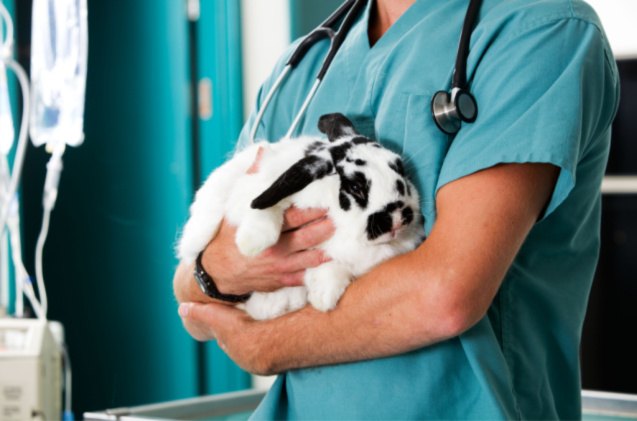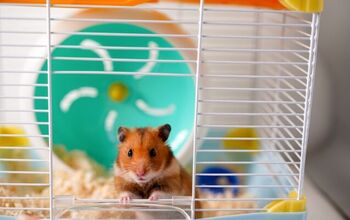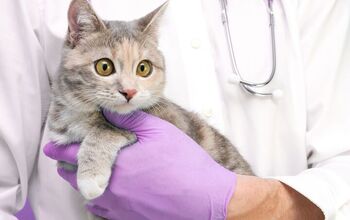Do I Need to Spay/Neuter My Rabbit?

You might think that, if you have a single rabbit, you don’t need to spay or neuter them – because there’s no risk of the unwanted litter when they don’t have a mate. But spaying and neutering are not only important to prevent unwanted rabbit pregnancy. These procedures can prevent serious health issues, eliminate negative behaviors, and even prolong their life.
Benefits of Spaying/Neutering Your Rabbit
It may seem unnecessary or even cruel to spay or neuter your rabbit, but the truth of the matter is that it’s a fairly simple surgical procedure that can immensely contribute to your pet’s health and wellbeing. Here are some of the main benefits of spaying or neutering your pet bunny:
- Drastically reduces the chances of reproductive cancers
Unfixed rabbits are at an extremely high risk of developing reproductive cancers as they age – statistics show that an unspayed female rabbit has a 65% chance of developing uterine adenocarcinoma by 4 years of age. Of course, chances are also high for ovarian cancer and other common uterine diseases, such as pyometra, when the bunny isn’t spayed – but when you surgically remove ovaries and uterus, there’s no possibility for these diseases to develop.
Although not as common as uterine cancers, testicular cancers are also a possibility for intact male rabbits. Neutering will prevent this with the removal of testes – as well as a myriad of destructive behaviors driven by sex hormones.
- Eliminates unwanted hormone-driven behaviors
When a rabbit, either male or female, isn’t spayed or neutered, their behavior will be dramatically influenced by their sex hormones – and not in a positive way. Both sexes can get extremely aggressive, females even more so, resulting in biting, lunging at people or other pets, and fighting other rabbits if you have more than one. Similarly, rabbits that haven’t been altered have an instinct to mark their territory with urine and will most likely spray all over your house – which isn’t the case when you spay or neuter them. Needless to say, their urine will be foul smelling because of the hormones, even more potent than the usual stuff.
When fixed, rabbits become more friendly and affectionate, can form meaningful bonds with their owners, and won’t mind company – if you plan on keeping more than one rabbit, they must be neutered or spayed to ensure they won’t fight or mate.
- Makes rabbits easier to train
If you plan on keeping your bunny indoors, as most pet owners do, you’ll want to train them to use a litterbox. And if they’re not altered, it will be a mission impossible, both due to their desire to mark territory with urine and the fact that they won’t be interested to cooperate. On the other hand, fixed rabbits are much easier to teach and can be potty trained with great success.
- Prevents unwanted litters
The most obvious benefit of spaying and neutering your bunnies is that it will help reduce the overpopulation issue. Rabbits are prolific when it comes to mating and reproducing – a doe can have as many as 2 to 4 litters in the season, and each litter can have five to twelve kits! Unfortunately, just as is the case with dogs and cats, there are simply too many bunnies already in need of a good home, and bringing new bunnies into the world that you can’t care for would be irresponsible and cruel.
When’s the Right Time to Spay or Neuter a Rabbit?
It’s best to spay or neuter your rabbit when they reach sexual maturity, which is between 3 and 6 months of age – depending on their size and breed. Not only does this prevent potential health problems on time, but it also minimizes the risks related to anesthesia, which can be higher if the rabbit is older.
While the procedure is routine, it’s best to find a veterinarian that specializes in rabbits and has experience doing this surgery. This will ensure that everything goes smoothly and your bunny is good as new in no time. Usually, it takes a few days for the rabbit to recover from the procedure, and during that period you should monitor them for any signs that something is amiss, such as decreased appetite or abnormal stool.

A proud mama to seven dogs and ten cats, Angela spends her days writing for her fellow pet parents and pampering her furballs, all of whom are rescues. When she's not gushing over her adorable cats or playing with her dogs, she can be found curled up with a good fantasy book.
More by Angela Vuckovic























